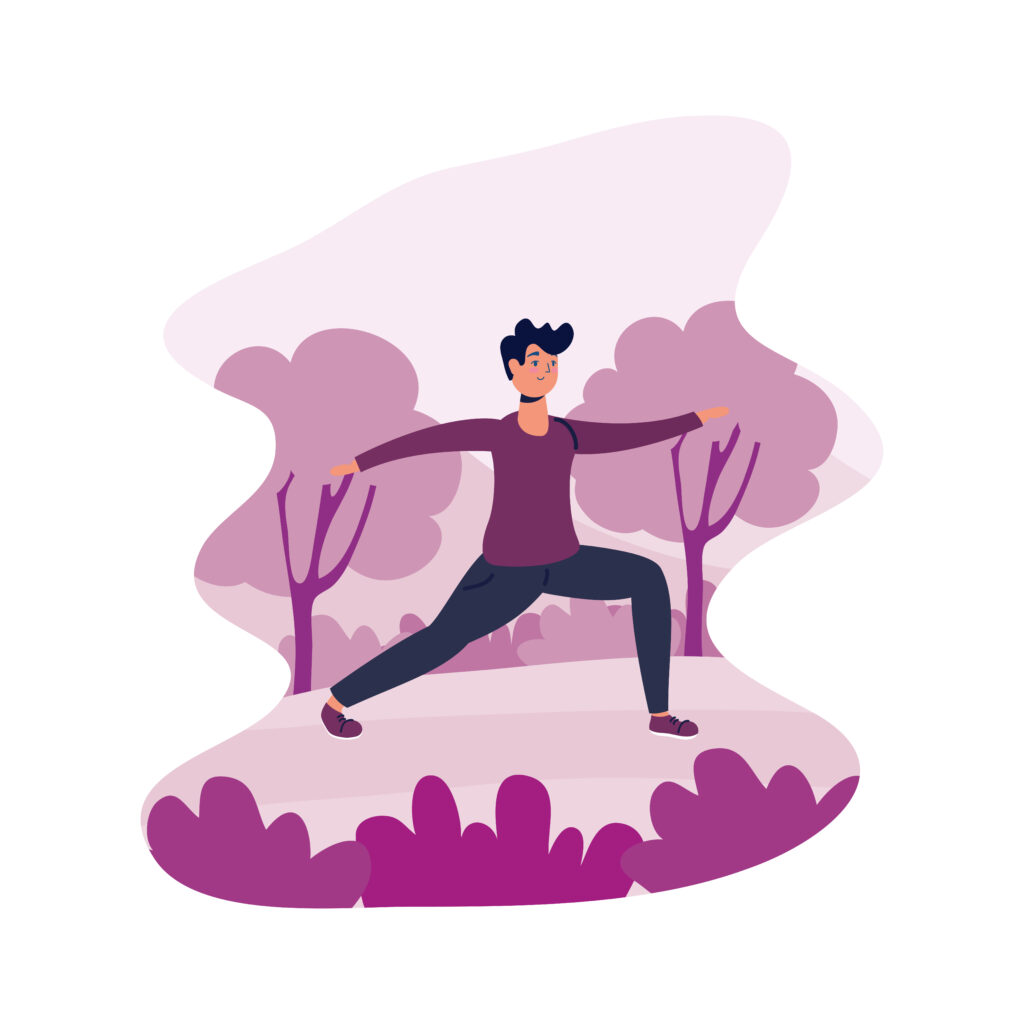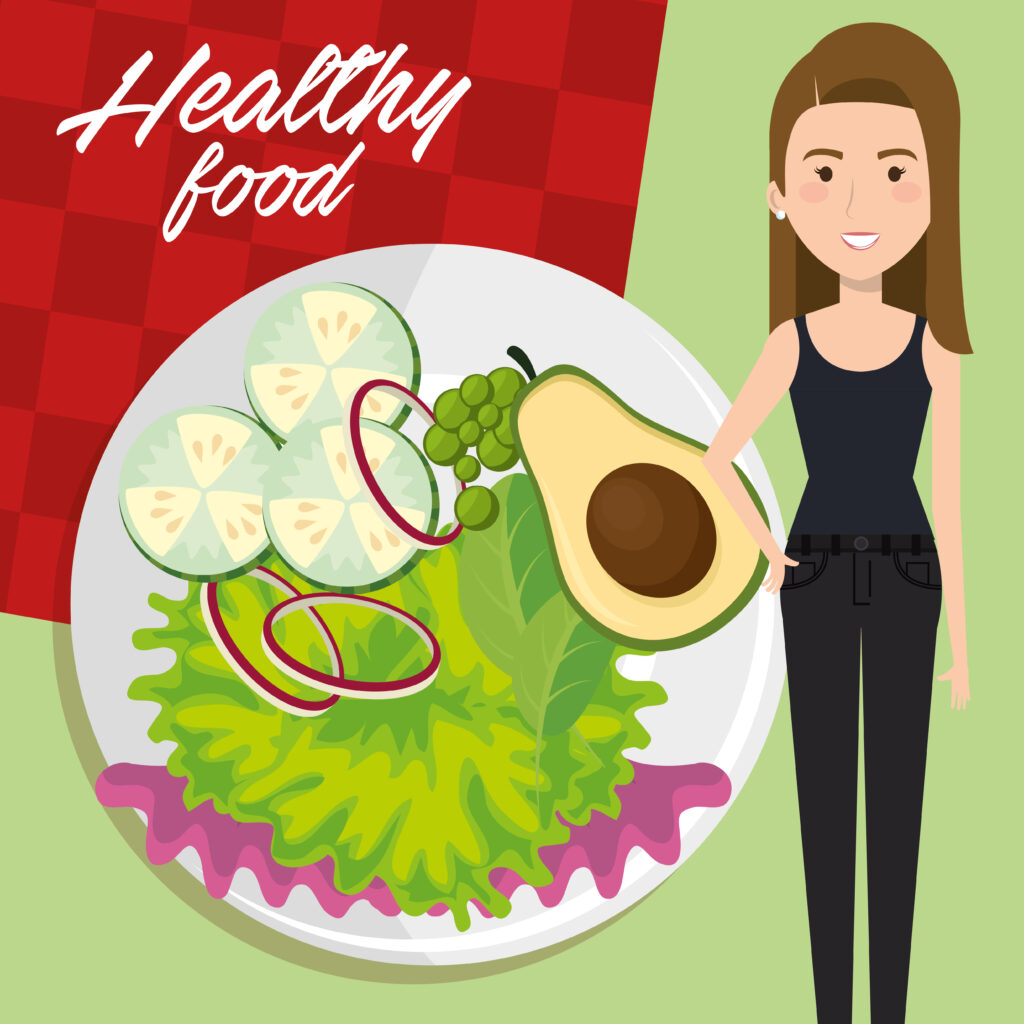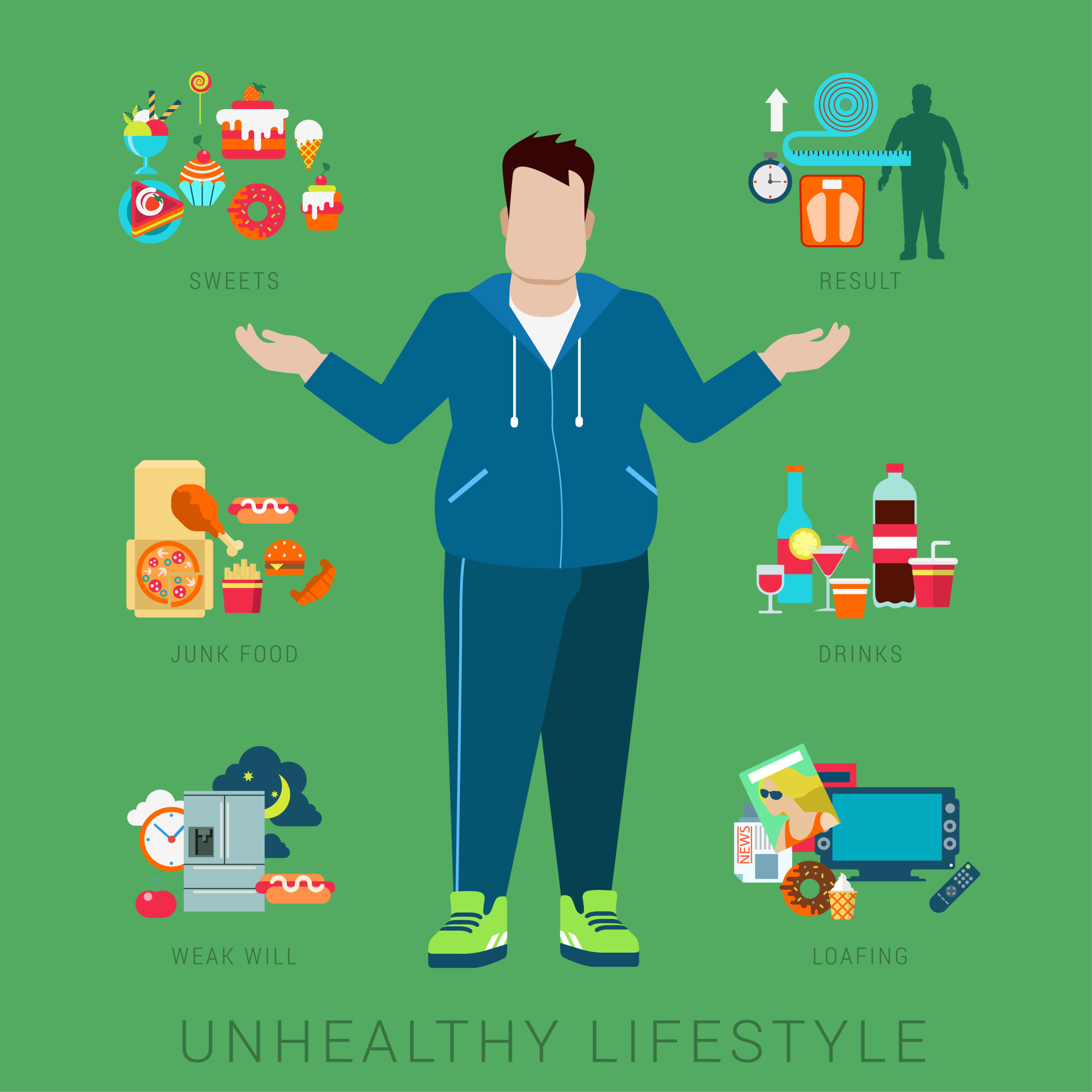Most people are busy with their day to day activities in that today is a busy day and there are many responsibilities to be met in the work place and at home. However, the formation of small, steady practices throughout the day can give us the reins and focus on health. If cultivated as a part of daily practice, these habits result in a better life style, well-being of the body and mind.
This guide will show you 10 practical but life-changing qualities you can adopt as an everyday practice to improve both your physical fitness and your mental strength and stability.
1. Drinking Water First Thing in the Morning
This is one of the most basic necessities of life yet people tend to forget it, this is true hydration. During the night, our body loses water through perspiration and respiration; therefore, we need to hydrate our bodies immediately we wake up. Drinking water soon after waking up boosts up metabolism, removes toxins from the body, improves the texture of a skin and provides energy for the day.
Tip: To increase the amount of absorption you get out of the water, sprinkle a pinch of sea salt over it or squeeze a lemon into the water. This sea salt also has a rich content of minerals and in particular, potassium and magnesium; both underperform important roles in the hydration process at cell level.

2. Move Your Body Regularly
It cannot be emphasised enough of the importance that staying physically active is one of the best things that a person can do for their bodies. Walking briskly or doing a normal workout routine or even stretching has so many advantages it provides the mind and body. The effects of exercise include the secretion of endorphin, which is the body’s natural mood booster, stress buster and sleep inducer.
Just 30 minutes of moderate activity a day helps maintain a healthy heart, increase immune function and decrease the risk of weight gain. Plus, it leads to changes in mental health, which results in lowering anxiety and the signs of clinical depression.
Tip: Exercise! Pick an activity you like. If you think that you just can’t run, then enjoy Yoga, swimming, cycling or dancing. The secret here is that it doesn’t necessarily have to be a vigorous exercise routine exercise, but it has to be regular.

3. Eat Healthy, Whole Foods
Indeed, what people eat affects mental and physical health consequently. Well balanced meals which are mostly made of lean proteins, fruits and vegetables, and good fats are all good for the body and the cells since the supply it with the nutrients it requires.
Consuming a diet high in fibre, antioxidants and omega-3’s nourishes the brain and leads to increased energy levels, vitality, a healthy weight, and good mood. A diet that is high in fibre should be consumed, examples of foods include green vegetables, berries, nuts, fish especially salmon and avocado.
Tip: Try to make an agenda of eating in order to have proper meals and in-between nibble on some raw almonds, fruits or yogurt instead of going binge on processed and sugary foods.
4. Get Enough Sleep
Rest is one of the critical areas people overlook throughout their selves’ care, yet it is the pillar of both physical and mental health. Healthy sleep helps to restore the body and grow muscles, increases immunity, and assists muscles to relax after excessive workout. Even more significantly, it performs the fundamental task of controlling the moods, memory and cognition in the brain.
A grown man and woman require about 7-9 hours of quality sleep … then again, it is not only about hours spent sleeping but how those hours are spent. Sleep also assists the brain in memory formation and accommodation for memories, protects against chronic diseases such as heart diseases and diabetes.
Tip: Have a bedtime routine that will help the child to calm down.
Limit the use of electronics at least an hour to bedtime because they have blue rays, which disrupt the native sleeping process. However, reading, Meditation, or even stretching are a preferable course of action instead of that.
5. Do Mindfulness or Meditation
Mind and body are one and holistic wellness therefore taking time each day to engage in a meditative activity such as mindfulness or meditation has the ability to shift our perspective and hence our health fundamentals. Some researches have suggested that mindfulness techniques help decrease the levels of stress, anxiety and symptoms of depression. You might also want to try mindful techniques such as meditation, yoga and breathing to help you focus and bring one’s concentration to the present.
Mindfulness or meditation can be began as a daily function and it helps the brain to be calm as well as developing the ability in the individual to regulate emotions and the ability to resist stress. Also, it has emerged that meditation exercise is very essential in enhancing concentration, imagination, and even quality sleep.
Tip: It is recommended to begin with only five minutes a day. If it is your first time to practice meditation, then apps such as Calm or Headspace can assist in sessions.
6. Practice Social Relations
Man is by nature a social animal and social relationships are important determinants of mental health. Any type of healthy interpersonal interactions whether it’s with family, friends or even colleagues has a desensitizing effect that minimizes loneliness, stress, or anxiety. Research has also pointed that people with healthy interpersonal relation also experience better than average health outcomes, enhanced immunity, extended life expectancy, and better mood.
It is important to practice update communication with friends and family by occasional telephone call, SMS or personal visit. Getting friends and taking part in social activities is an excellent way to prevent a mental health issue.
Tip: If you’re feeling lonely, there’s no better time to join a group or a class with people based on shared interest in something you like. This is also a good way of being able to interact with people whilst at the same time being able to help out in your community.
7. Rest and Stress Management
Cortisol stress hormone is highly associated with many ailments such as cardiovascular disease, digestive system diseases, and psychological disorders such as depression and anxiety. To counter this, it’s useful to keep getting up from the seat at regular intervals to avoid any effect caused due to long sitting or working under stress.
Short breaks help you to save your mind from getting tired easily; they also ease stress and make you more effective at work. Moreover, stress management by implementing the usage of methods such as deep breathing, journaling, or going for nature walks has a real potential to reduce the effects of stress on one’s body to a greater extent.
Tip: Try the “Pomodoro Technique” – 25 minutes of work, followed by 5 minutes of rest. Perform this cycle and after four cycles, use a break of fifteen to half an hour.
8. Minimize screen time and go for digital abstinence.
Most of us can find ourselves immersing ourselves in front of screens for work, engaging in social media, and spending time leisurely. However, the Screen time problem can have both physical and mental impacts on the life of people. Prolonged use of screens may affect eyesight and cause eye strain, affects sleep pattern and is actually a very sedentary activity in general.
However, browsing social media or communicating online or continuously can lead to stress or anxiety. That is why boundaries need to be established and dilettante usage should be taken into practice from time to time.
Tip: To reduce overall screen-time, it is useful to establish a “no screen” time period before going to bed (at least one hour) and a day of Screen-自由 pieced to the weekend. This shall assist you to learn how to get back to the present and have quality sleep.
9. Practice Gratitude Daily
Being grateful is such a basic thing that many underestimate its effects on one’s well-being that it is actually a practice that can actually work wonders. It has been found that using gratitude as a practice can decrease rate of stress and of depression while contributing to general health and quality of sleep.
Spend even fifteen minutes daily thinking about all of the things that you have to be grateful for can ease the mind, influence one’s thinking process in a positive manner and will be helpful in dealing with any type of a situation. By dwelling so much on the positive sides of life, you are as well building up on the resilience and as well the feelings of sufficiency.
Tip: Follow the 3 gratitudes rule and write down three things you are grateful for in the day. This practice can be done the early morning or before going to bed, to foster positivity.
10. Practical Tips and Keeping Yourself on Track
This means that, a messy and disorderly environment tends to produce a similar outcome in the person’s mind. Clutter is not a good thing and can cause stress and be bad for your mental wellbeing. The best way to lessen this is to adopt order and having a schedule for the day, the week, and the month.
When a person gets overwhelmed with the tasks that they need to do, it helps to placate that occurrence when the person makes a to-do list and divides the large tasks into small ones that he or she can do. Also, goals such as personal, professional, or physical goals help keep one on track for he or she’s improvement or existence.
Tip: The national should use planners or other apps such that he/she should remember about the tasks to be needed for a certain time and should also always remember achievement of small goals.
Final Thoughts
Cultivating proper physical and mental state is a process and is not accomplished through massive transformation in a day. Actually, it is the day by day practices which build up the desired lifestyle. You have the power to enhance the quality of your life by paying attention to what you intake and what you do to your body through activities such as Hydration, Exercise, nutrition, Sleep, Mindfulness, and relationships.
I would like to remind everyone that it is a gradual process and in order to achieve the results permanently – it has to be done constantly. Take small changes each day and after some time, you will find yourself improving in terms of how you feel, inside and out.
Practice these changes on a regular basis and see how they can substantially enhance your life, letting you truly prosper across all board. In the first place, health is not an end point, but a process, and this process starts with every decision we take daily.
